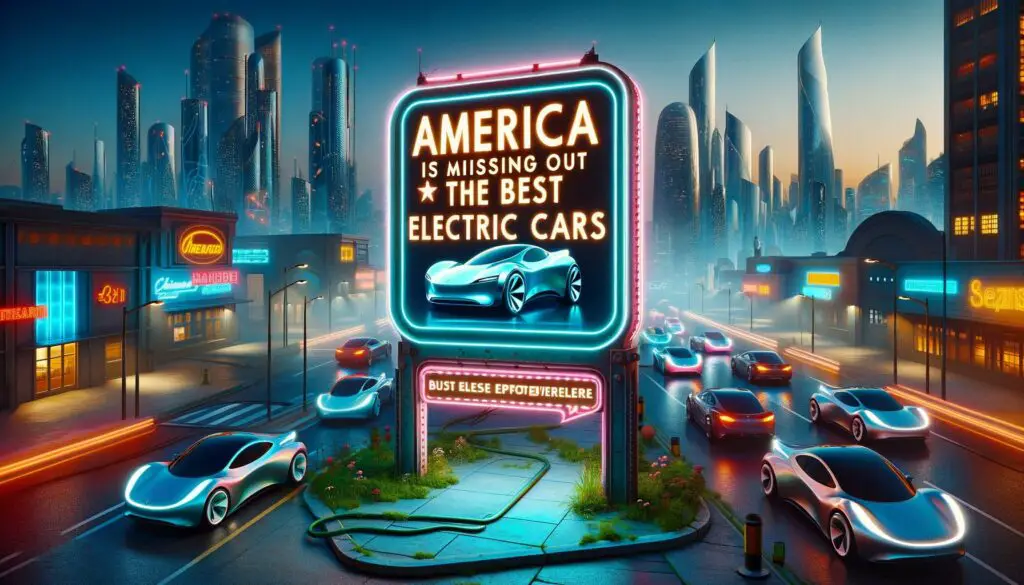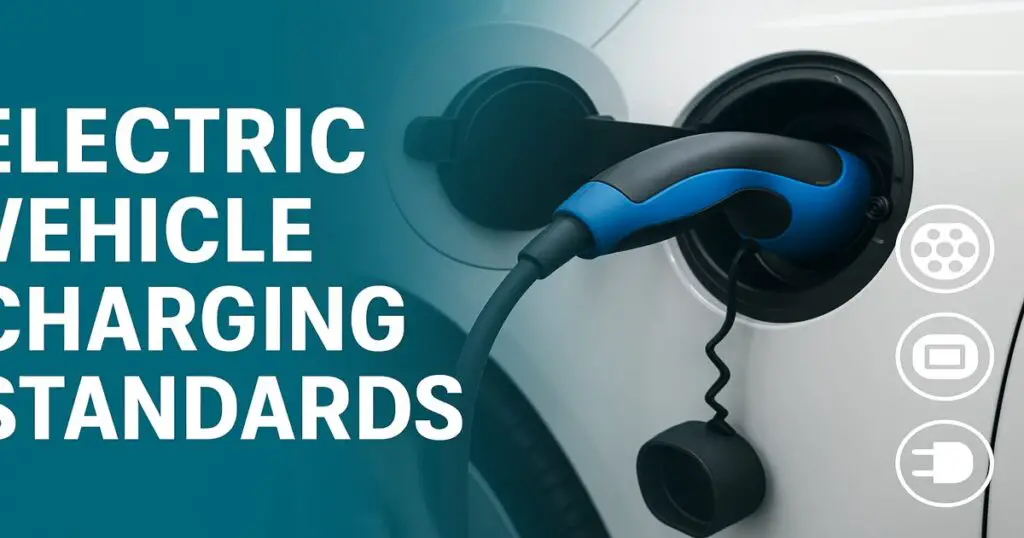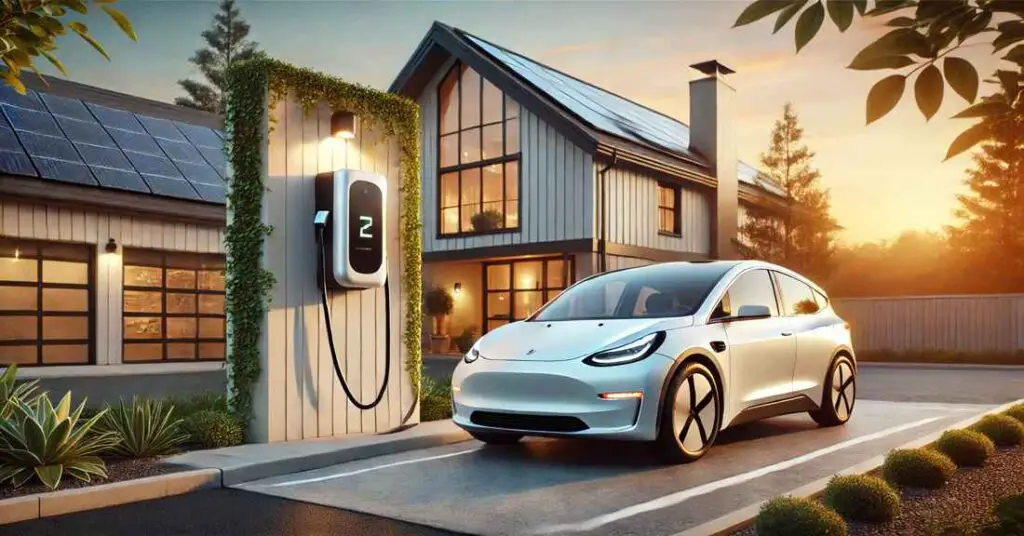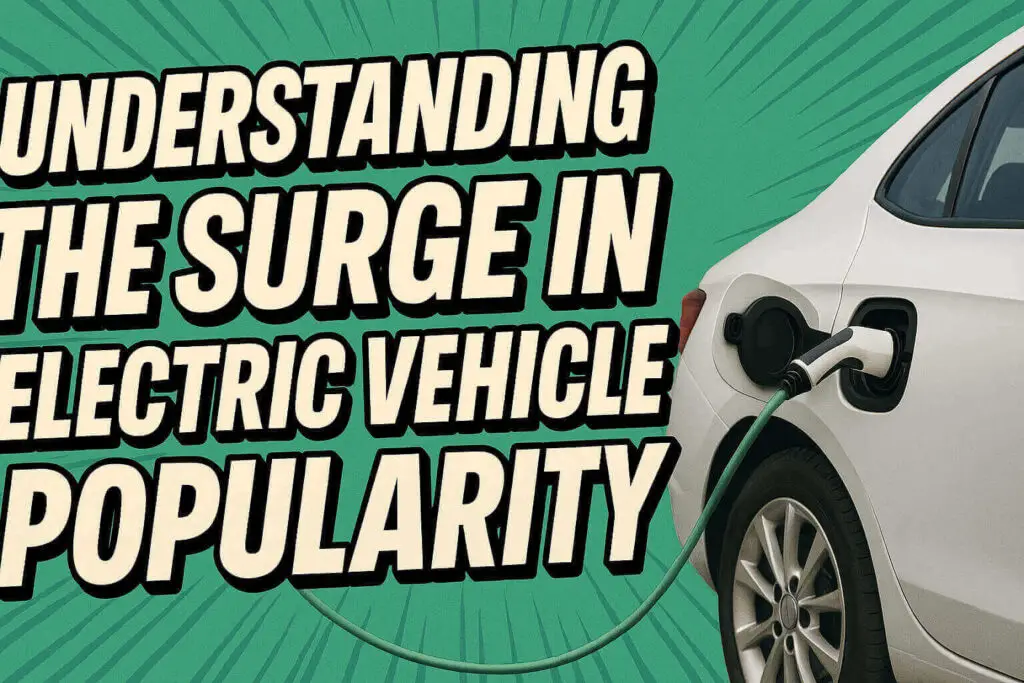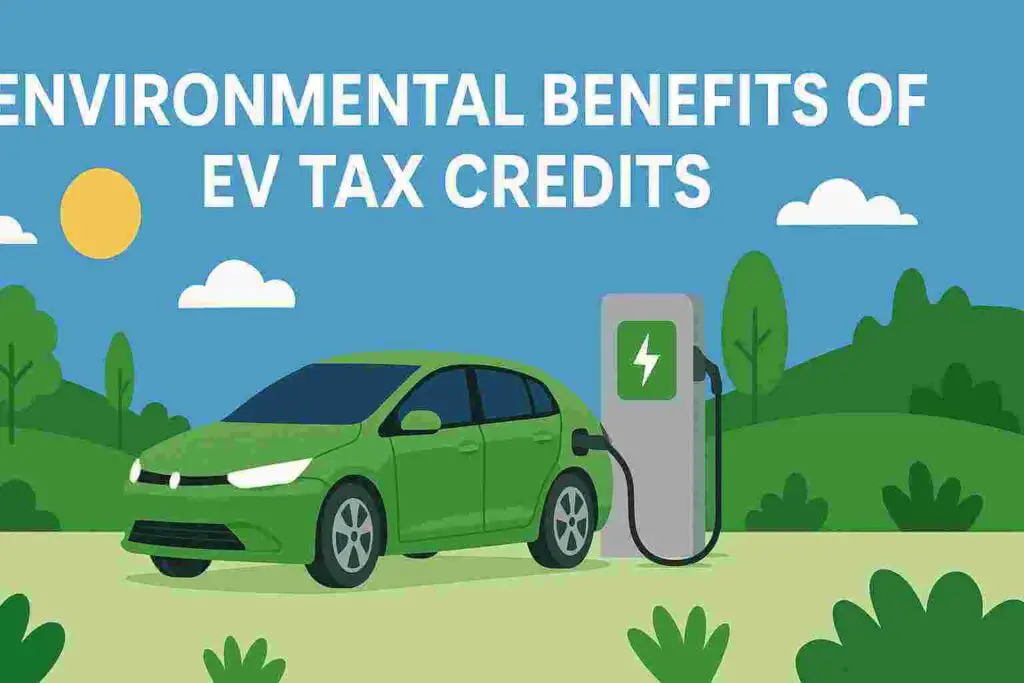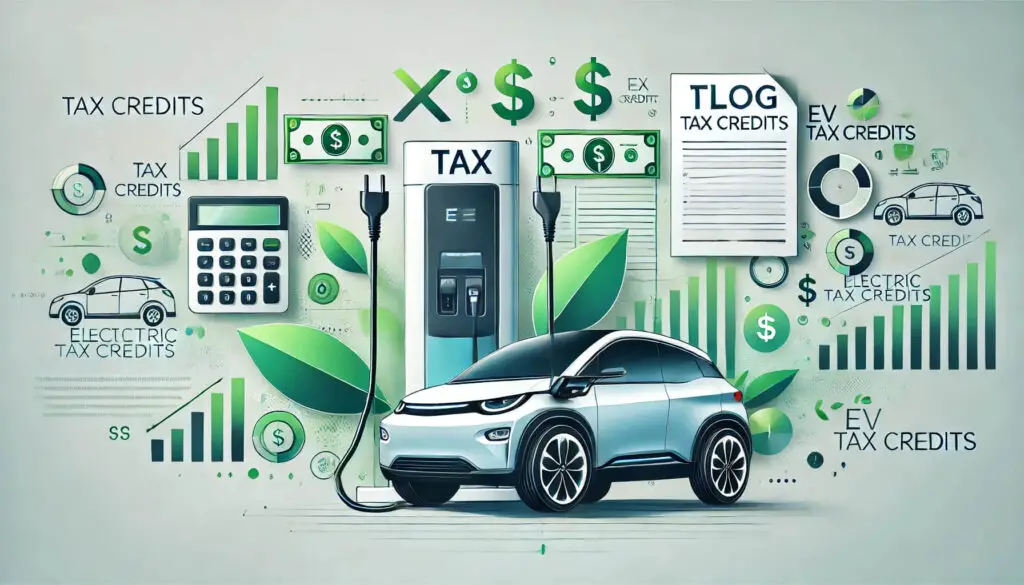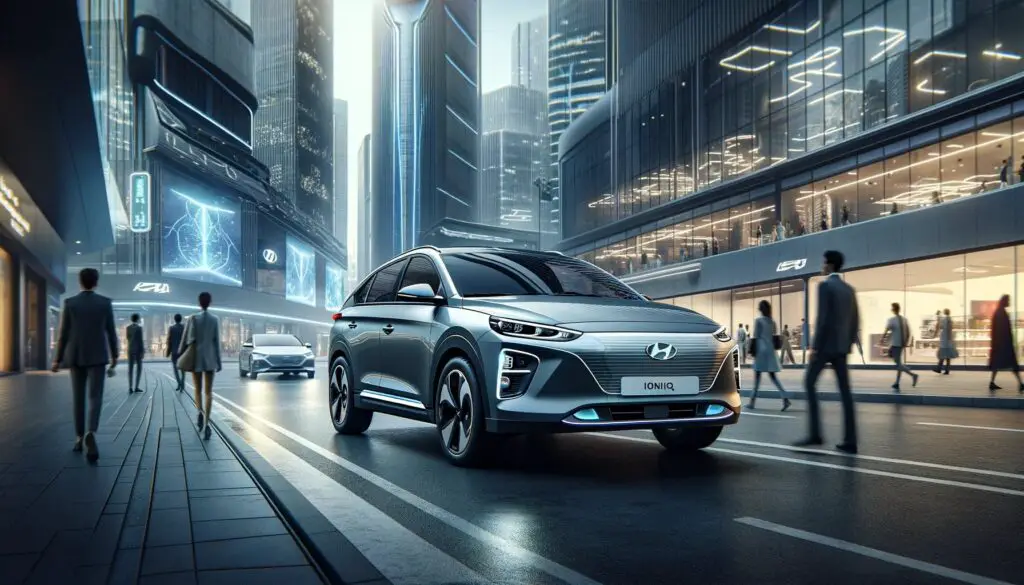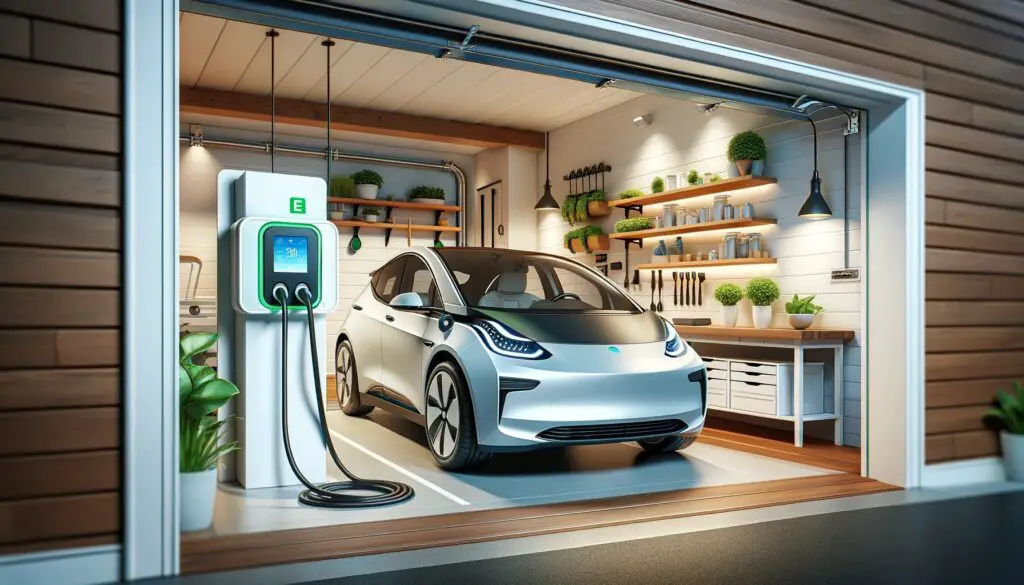In a world where sustainability and environmental concerns are at the forefront of global discussions, the electric vehicle (EV) market has seen unprecedented growth. However, it is crucial to acknowledge that not all regions are on an equal footing when it comes to embracing this transformative technology. The United States, despite being a major player in the automotive industry, lags behind in certain aspects of the EV revolution. In this article, we will delve into the reasons why America is missing out on the best electric cars, examining key factors that influence the EV landscape in the US.
Limited Availability of EV Models in the US
Comparison with China and Europe
One of the primary reasons the United States is missing out on the best electric cars is the limited availability of EV models compared to countries like China and Europe. While China boasts a vast array of EV options, and European markets offer diverse choices, American consumers often find themselves with fewer options when it comes to selecting an electric vehicle.
This limited choice hinders consumer decision-making, as they are restricted in terms of features, price ranges, and vehicle types. It’s evident that a more extensive range of options would contribute to higher consumer satisfaction and accelerated EV adoption.
Impact on Consumer Choice and Technology Access
The scarcity of electric vehicle models in the US has a profound impact on consumer choice and technology access. It restricts consumers from experiencing the latest advancements in EV technology, such as longer ranges, faster charging, and cutting-edge features. This, in turn, dampens the enthusiasm for electric cars among potential buyers.
Moreover, the absence of diverse EV models limits competition within the market, potentially leading to higher prices and slower technological innovation compared to regions with more competitive landscapes.
Examples of Innovative Startups with Limited Presence in the US Market
To emphasize this point, consider the innovative startups in the electric vehicle sector. Many of these groundbreaking companies have limited presence or availability in the US market. Brands like NIO, Lucid Motors, and Rivian have garnered international attention but are not as accessible to American consumers as they are to their counterparts in other regions.
Slow Infrastructure Development in the US
Comparing the US to Countries Like China in Terms of Charging Networks
Another critical factor contributing to America’s lag in the EV race is the slow development of charging infrastructure. When compared to countries like China, the US falls behind in establishing an extensive and efficient network of charging stations.
In China, the government’s proactive approach has led to a dense network of charging stations, reducing range anxiety and facilitating long-distance travel in electric vehicles. Meanwhile, the US struggles to keep pace with the demand for charging infrastructure, which directly affects the adoption rate of EVs.
Implications for Range Anxiety and EV Adoption
The lack of adequate charging infrastructure exacerbates the issue of range anxiety among American consumers. This fear of running out of battery power before reaching a charging station remains a significant barrier to EV adoption in the United States.
To overcome this challenge, there is a pressing need for a comprehensive public charging infrastructure that covers both urban and rural areas, ensuring that consumers have easy access to charging facilities regardless of their location.
US Government Policies and Incentives
Examination of US Government Support for EVs
Government policies and incentives play a pivotal role in shaping the EV market in any country. In the United States, while there have been efforts to promote electric vehicles, the support has not been as robust as in some other nations.
To boost EV adoption, the US government should consider increasing incentives such as tax credits, rebates, and subsidies, which have proven effective in encouraging consumers to make the switch to electric vehicles.
Comparison to Policies in Other Countries
When compared to countries like Norway, which offers substantial incentives for EV buyers, the US still has significant room for improvement. Norway’s policies have resulted in electric cars accounting for a substantial portion of new car sales, showcasing the potential impact of government support on EV adoption rates.
The Potential Effect on the Pace of EV Adoption
Enhancing government support for electric vehicles in the United States has the potential to accelerate the pace of EV adoption, leading to a more sustainable and eco-friendly transportation ecosystem.
Strong Domestic EV Brands
Overview of Established US-Based EV Manufacturers
Despite the challenges, the United States is home to several established domestic EV manufacturers, with Tesla and Ford standing out as global competitors.
Discussion of Tesla and Ford as Global Competitors
Tesla, founded by Elon Musk, has revolutionized the electric vehicle market with its innovative technology, high-performance vehicles, and extensive charging network. It has become a global leader in the EV industry and continues to drive innovation in the field.
On the other hand, Ford, a long-standing American automotive giant, has also entered the EV arena with vehicles like the Mustang Mach-E, showcasing their commitment to electric mobility.
Unique Features and Innovations Offered by Domestic Brands
Domestic brands like Tesla and Ford bring their unique features and innovations to the market. Tesla’s Autopilot technology and Ford’s commitment to sustainability demonstrate the potential of American companies to contribute significantly to the global EV landscape.
Rapid Growth in the US EV Market
Analysis of Recent Sales Figures and Trends
The US EV market has witnessed rapid growth in recent years. Sales figures indicate a surge in consumer interest and demand for electric vehicles, with this trend expected to continue in the coming years.
Indicators of Strong Consumer Interest in Electric Vehicles
Factors such as reduced operating costs, environmental consciousness, and advancements in EV technology have contributed to strong consumer interest in electric vehicles.
Future Prospects for Expansion in the US EV Market
The future of the US EV market looks promising, with manufacturers investing heavily in research and development to meet consumer demands for cleaner, more efficient transportation options.
Focus on Innovation in Battery Technologies and Charging Solutions
Exploration of American Companies’ Research and Development Efforts
American companies are actively involved in research and development efforts to advance battery technologies and charging solutions. These innovations have the potential to not only benefit the domestic market but also influence the global EV industry.
The Potential for the US to Lead in Next-Generation Battery Tech
With the right investments and strategies, the United States has the opportunity to become a leader in next-generation battery technology, driving further advancements in electric vehicles.
Impact on the Global EV Industry
Leadership in battery technology and charging solutions would not only benefit the domestic market but also position the United States as a key player in shaping the future of the global EV industry.
The Subjectivity of “Best” in EVs
Discussing How the Definition of “Best” Varies Among Individuals
It’s important to recognize that the definition of “best” in electric cars is subjective and varies among individuals. Factors such as range, price, features, and brand preference all influence a consumer’s perception of what makes an EV the best choice for them.
Factors That Influence Preferences in Electric Cars
Preferences in electric cars can be influenced by various factors, including personal needs, driving habits, and environmental concerns. What may be the best electric car for one person may not be the same for another.
The Importance of Considering Personal Needs and Priorities
In selecting the best electric car, it is crucial for consumers to consider their personal needs and priorities to make an informed choice that aligns with their lifestyle and values.
The Pitfalls of Comparing National Markets
Highlighting the Complexities of Comparing Different Market Dynamics and Regulations
When comparing national markets in the electric vehicle sector, it’s essential to recognize the complexities of differing market dynamics and regulations. Each country has its unique challenges and opportunities, making direct comparisons challenging.
The Need to Consider Regional Variations in EV Markets
Furthermore, regional variations within countries can significantly impact the EV market. Urban and rural areas may have distinct adoption rates, and regulatory differences can create disparities in the availability of incentives and charging infrastructure.
Avoiding Misleading Comparisons
To gain a comprehensive understanding of the EV landscape, it is essential to avoid making misleading comparisons between national markets, as these can oversimplify the intricate factors at play.
The Evolving Global EV Landscape
Stressing the Dynamic Nature of the Global EV Industry
The global electric vehicle industry is in a state of constant evolution. Technological advancements, changing consumer preferences, and shifting regulatory landscapes continually reshape the industry.
How Advancements in Any Region Benefit the Entire Industry
It’s crucial to understand that advancements in electric vehicle technology and infrastructure in any region benefit the entire industry. Collaboration and knowledge sharing across borders contribute to the growth and sustainability of electric mobility worldwide.
The Interconnectedness of the Electric Car Market Worldwide
The electric car market is inherently interconnected on a global scale. Innovations and developments in one region have a ripple effect, influencing and inspiring progress in other parts of the world.
Conclusion
In conclusion, America is indeed missing out on some of the best electric cars available globally due to a combination of factors such as limited model availability, slow infrastructure development, and government policies. However, the US EV market is not without its strengths, including strong domestic brands and rapid growth.
To fully realize the potential of the US EV market, it is essential to address the challenges and seize opportunities for innovation, infrastructure expansion, and government support. By doing so, the United States can become a driving force in the global electric vehicle industry, ensuring a sustainable and eco-friendly future for transportation.
We encourage readers to stay informed about the latest developments in electric vehicles and actively participate in the electrification of the automotive industry for a greener and more sustainable world.
Electric 4×4 Golf Cart: The Ultimate Off-Road Companion
Disclaimer: The information provided in this article is based on the state of knowledge as of the publication date and may be subject to change due to developments in the electric vehicle industry.

